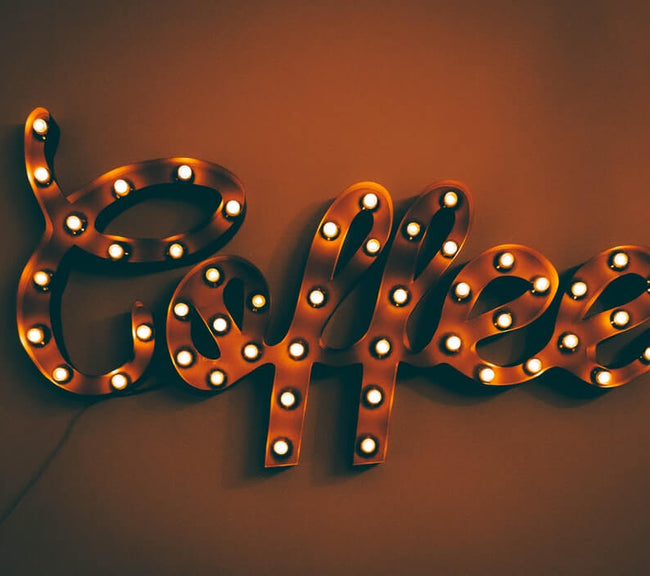
Frequently Asked Questions 
F.A.Q 
Can you have coffee while fasting?
Intermittent fasting can be beneficial for health from reducing body weight to decreasing blood pressure. People fasting can still get their caffeine fix in a fasted state, only if no symptoms like nausea, headache, or gastrointestinal issues occur.
When is the best time to drink coffee?
Cortisol levels spike between 8 and 9am, so it’s best to drink your morning coffee between 9:30am and 11:30am, when your cortisol levels are lowered. Additionally, drinking coffee right after a meal is the perfect time since your body already has energy from the food you ate that it will use and give you the alertness and focus you want without any discomfort or cortisol increase.
Why does coffee make me nauseous?
Some people are sensitive to coffee by either getting nauseous or feeling jittery. If you're the type who's sensitive to caffeine, consuming too much of it can lead to nausea or vomiting. Drinking coffee on an empty stomach will put your body into overdrive since it has nothing else to turn to for energy which can make it more likely to make you feel nauseous when drinking too much of it even if you're the type who is not sensitive to caffeine.
How many cups of coffee a day should I consume?
4 to 5 cups a day, or 400mg per day is recommended by the FDA as an upper limit for those who don't have any medical problems from drinking coffee. This limit however depends on your body. To figure out how many cups of coffee a day you should consume, check out our caffeine calculator. Drinking more than this could lead to dehydration or blood sugar crashes, among other symptoms, which can make it hard for you to function during the day.





































![5 Winter Coffee Drinks you can make at Home [2021]](http://awesomehealthclub.com/cdn/shop/articles/Winter_Coffee_650x576_crop_center.jpg?v=1721232185)











